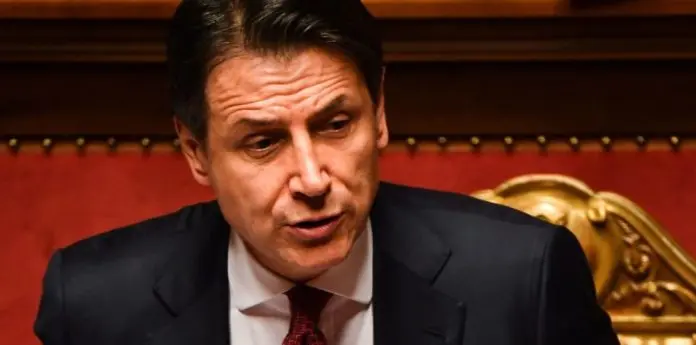- P.O. Box: 11482 Yaoundé, Cameroon; Headquarters: Efoulan, Yaoundé 3
- contact@caessinternational.org

Outvoted in the Italian Council, Giuseppe Conte will be forced to resign from his position as Prime Minister of Italy along with his government. In a context where the coronavirus epidemic has already claimed more than 80,000 lives, the 66th government in the political history of contemporary Italy will cease to exercise power. This situation has placed President Sergio Mattarella in a difficult position, compelling him to form a new government backed by a solid majority within a short timeframe. To this end, he will hold consultations in the Chamber of Deputies and the Senate in order to quickly fill the executive void at the head of the state amid a political and health crisis. Indeed, the outcome of the confidence vote on January 19, 2021, and the defection of several political and governmental allies—placing Giuseppe Conte in a relative minority—precipitated his resignation and that of his government, marking the end of his executive functions.
In reality, rather than losing all executive power, Giuseppe Conte will seek to form a new government under his political control. While this resignation of the Italian government may appear as a relief amid political and health turmoil, Giuseppe Conte remains a popular political figure. The Italian political class is divided over the question of whether he should be stripped of full powers, with many prioritizing the country’s institutional stability instead.
Furthermore, this resignation comes in a political context marked by defections and the creation of rival political parties by former allies. We have thus witnessed an internal split within the Democratic Party (center-left), which led to the resignation of former Prime Minister Matteo Renzi and the creation of his party, Italia Viva; the weakening of the Five Star Movement, which, despite its dominant position in Parliament, is gradually losing its political influence; and the decline in influence of Matteo Salvini.
At present, the political crisis in Italy stems primarily from what many members of the ruling coalition view as the opaque management of the €209 billion European recovery plan. In response, political figures such as Matteo Renzi have sought to amplify tensions surrounding this issue in an attempt to gain popularity and strengthen their political and institutional position. As a result, the only political option remaining for Giuseppe Conte—after the withdrawal of Italia Viva’s lawmakers led by Matteo Renzi—is to rally skeptics and compensate for his relative minority by forming a broad political coalition, notably including moderate right-wing lawmakers, especially from Silvio Berlusconi’s Forza Italia party.